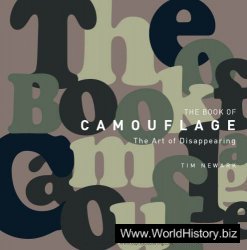Historically a unified East Asian kingdom, Korea spent the early twentieth century under Japanese rule. After regaining its independence, it was divided—against its own peoples' will—into separate nations. Marxist-ruled North Korea allied with the Communist bloc nations, while capitalist South Korea allied with democratically ruled capitalist nations. The sharp ideological distinctions separating the two Koreas, as well as growing disparities in the wealth of the two nations, created dangerous and lasting strains. The Cold War that once divided Eastern Europe from the Western world ended in the early 1990's with the collapse of the Soviet Union. In Korea, however, the Cold War continued uninterrupted.
A mountainous country in East Asia, Korea is a peninsula that extends from the northeastern corner of China toward the southern tip of Japan. This peninsula separates the China and Yellow Seas to the west, from the Sea of Japan to the east. Korea shares a long border with China and a shorter border with Russia to the north. It is separated from Japan by a hundred miles of open sea. Since the early 1950's the peninsula has been politically divided between North and South Korea, which meet at the line of 38 degrees north latitude (approximately the same latitude as Washington, D. C.). At the beginning of the twenty-first century an estimated 22 million people lived in North Korea and 48 million people lived in South Korea.
While the collapse of Eastern European communism greatly diminished the danger of an East-West war, Korea has remained a dangerous flashpoint that threatens the peace of the world as a whole. The basis for this danger lies in the modern history of Korea. Wherever nations have been divided—as in Germany, Vietnam, and China—great tensions have existed. When Korea was divided in 1945, at the end of World War II, similar tensions arose there. The peoples of North and South Korea share a common history and cultural heritage, and most Koreans in both nations want their homeland to be reunited. However, leaders of both of
The national governments want Korean reunification on their own terms.
Each side has been guided by opposing ideological systems that have heightened tensions. North Korea (officially called the Democratic People's Republic of Korea) adopted communism as its ideology after World War II. Under North Korean government, only one official political party, the Korean Workers' Party, is allowed, and the government is expected to make all major economic decisions.
In sharp contrast, the government of South Korea (officially the Republic of Korea) adopted an anticommunist, democratic political ideology and made capitalism its economic policy. Despite these ideological differences, however, both governments evolved into authoritarian dictatorships. It was not until the late 1980's that South Korea started to become a truly free democratic country.




 World History
World History









